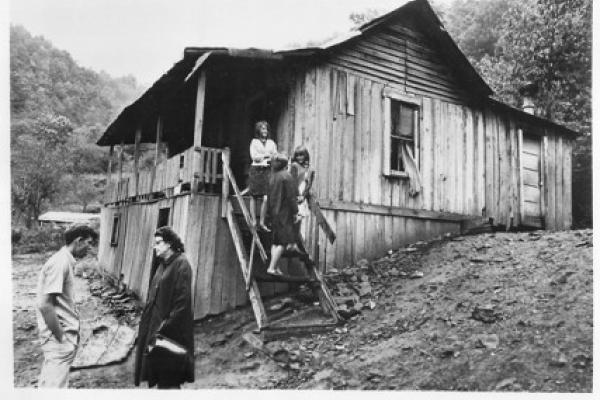HOT SPRINGS, N.C. — The 50th anniversary of President Lyndon Johnson’s launch of the War on Poverty, which falls today, reminds us how intractable that effort can be, despite the hope and determined idealism when the legislation was signed.
Appalachia was one of the targets for the newly established Office of Economic Opportunity, utilizing programs such as Head Start and Volunteers in Service to America (VISTA). The anniversary also recalls how religion has motivated, shaped and sustained this effort, in many ways prefiguring the campaign, in both its successes and failures.
For more than two centuries, these Southern mountains have been a magnet for missionaries, both religious and secular, all determined to wipe out poverty, hunger, and ignorance — whether the region’s benighted folk wanted them to or not. Their too-common failing, local people say, is that the erstwhile do-gooders have not respected the strong beliefs and culture that already existed.
With the best intentions, altruists and uninvited agents of uplift have come with their social gospel of “fixing” local people. That is to wean them from violence and the debilitating use of alcohol, while bringing their brand of faith, along with education, nutrition, and improved living standards. Invariably well-meaning, these efforts have typically ended in disappointment and failure in places such as Madison County, N.C.
Read the Full Article

